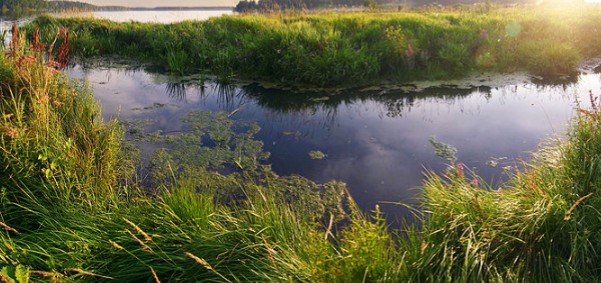By Tatenda Mujeyi
Stakeholders are skeptical following the government’s proposed Wetlands Masterplan citing complacency, technical applicabilities, omniscient government’s role, and funding shortcomings amongst other challenges.
The call by the government to establish a national wetland masterplan as announced in Cabinet this week has been labelled deceitful as key stakeholders have not been incorporated despite their technical know-how.
“The Harare Wetlands Trust (HWT) had been working extensively with the City of Harare and the PDC on a wetlands protection implementation plan but are not yet part of the latest National Wetlands Masterplan as it only a government initiative, we are told.” a representative of the Harare Wetlands Trust said.
“Government has not called for a wetlands Masterplan, they have called for the development of a masterplan to guide planning within Harare Metropolitan Province under the auspices of the Ministry of Local Government,” Wetlands expert and Community Water Alliance Programs Coordinator Hardlife Mudzingwa concurred.
Stakeholders called for the government to adopt a more accountable and holistic approach to wetlands management as its departments were still implementing projects against wetlands technicalities.
“HWT’s concern is that the Environmental Management Agency (EMA) has issued EIAs on wetlands and is still issuing wetland utilisation certificates for damaging development on wetlands. Of concern is also the criteria EMA is using to identify wetlands. It is not based on sound science,” the HWT Representative added.
Replicating the data for Harare to all provinces’ masterplans was described as inconclusive to examining the dynamics obtained provincially with regards to wetlands.
Addressing the media, the Chairperson of Post Cabinet briefs Minister of Information, Publicity and Broadcasting Services, Monica Mutsvangwa said, “Fieldwork for Greater Harare commenced on Monday, 1st March 2021. In order to expedite the process, the model being developed for Harare will be replicated across the country, with rules being put in place to scientifically define wetlands and clearly delineate them.”
However, Mudzingwa noted that “What will be found in Harare cannot best represent the dynamics in other areas. Especially when we talk of wetlands, the context is different. If you go to Bulawayo there are no wetlands as is the case in Harare. There are acquirers. However, there are some best practices that can not only represent but help interventions in Bulawayo.”
Stakeholders also called for the government to rope them in the process as they could complement the allocation by treasury and pull resources towards a better informed national wetland masterplan.
“6million ZWL may not be adequate, it’s a good starting point. There can be collaborations with non-state actors to pull resources together and ensure we have a detailed investigation on circumstances obtaining on wetlands in the country. ” Mudzingwa said.
“It is a start. It will describe what funds are required for aspects of wetland management and restoration,” HWT also reiterated.
Calls were also made to the government to ensure due diligence was instituted amongst all its wetland-related departments which are at times working towards the destruction of wetlands.
Stakeholders also recommended that government adopts a prolonged approach to wetlands management that supports related activities.
“The main focus on the wetland masterplan countrywide should be restoration and regeneration for the best outcome for water provisioning because so many wetlands have been lost or degraded. This must be done in order to support activities such as farming, industry, cities all of which depend on water from dams or healthy rivers but not directly from headwater wetlands.”
With climate change being a central generational issue, wetlands management remains critical if Zimbabwe is to reduce the devastating effects of climate change and global warming.
Tatenda Mujeyi is a Freelance Journalist and social scientist who writes in his own capacity. Follow him on Twitter @tate_muJ or email him- bettermentdepository@gmail.com
